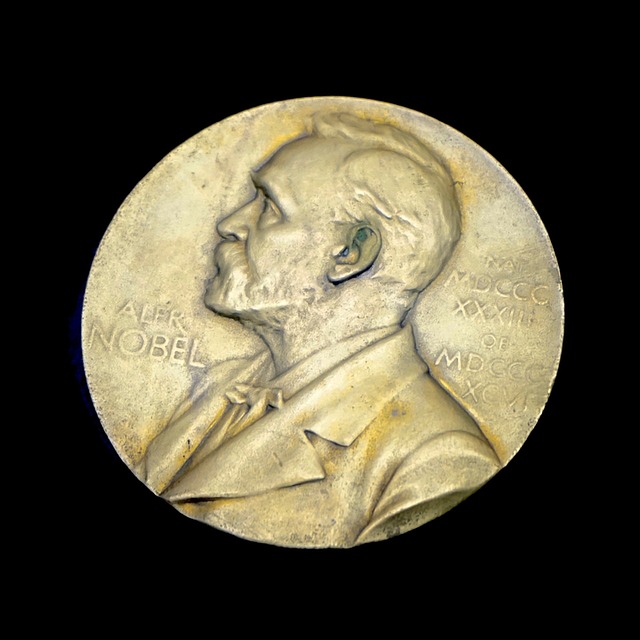
Collaboration and Consensus: AMUN’s Awards Philosophy

“I’ll never try to win an award. I’m out there just playing for my team.” –Kawhi Leonard
As this year’s conference quickly approaches (Can you believe it is only fifteen days away?!) many of you are preparing by researching your country’s history, the topics to be discussed, and how your country works or interacts with other states. All of this preparation is incredibly important because it contributes to a successful conference, one where we all leave at the end of the week having learned from one another and hopefully having discussed policies and ideas that could make the world safer and more inclusive.
For AMUN that is the measure of a successful conference, one where we all learned more about the fundamental tools of diplomacy, collaboration and consensus-building. Without these skills, the United Nations would not be successful.
This philosophy leads AMUN to believe that awards can create an atmosphere of competition rather than collaboration, distracting from our educational goals. However, AMUN recognizes that many of our participants have come to expect awards as part of the Model UN experience. Awards can be seen as recognition for an individual’s hard work as well as a tool for fundraising and recruitment.
Awards Process and Procedures
To reconcile our conflicting views AMUN uses a peer-nomination and voting process for selecting “Outstanding Delegation/Advocate/Party to the Dispute” awards. A great deal is involved in being successful at Model UN that happens outside of what our staff observes. A successful representative collaborates well with their piers, they come prepared with ideas to draft into policy, they help conflicting parties merge their resolutions. They may also be good public speakers or knowledgeable about the rules. The AMUN staff can only see a small part of what makes a representative successful. As such the people in the best position to judge success, are the representatives themselves.
There is also precedent for recognizing a group rather than an individual representative to be awarded. This often happens in smaller simulations where representatives work closely together in an intimate setting. For example, members of the ICJ and IPD have sometimes chosen to eliminate individual awards and instead recognize the work of the body as a whole.
The voting process will happen as your simulations are coming to a close on Monday and Tuesday of conference. The AMUN staff will walk you through the balloting procedure the awards for Best Delegation will be announced from the podium during the Closing Plenary session on Tuesday.
Position Paper Awards
There is one place where AMUN staff does adjudicate the awards process and that is for Position Paper awards. All delegations that submitted a complete set of position papers by 25 October are given a Position Paper award. You can find a list of those delegations in the first AMUN Chronicle at Conference, and awards will be included in your Country’s opening packet handed out at Conference Registration.
We encourage you to learn as much from AMUN and your Model UN experience as possible. Good luck in your preparations, and we look forward to working with you!
Keep Up With The Accords
More to read
The AMUN Accords is a premier resource for fact-based Model United Nations simulations. We are always looking for new contributors. Want to write for the AMUN Accords? Check out out the submission guidelines and then get in touch!




